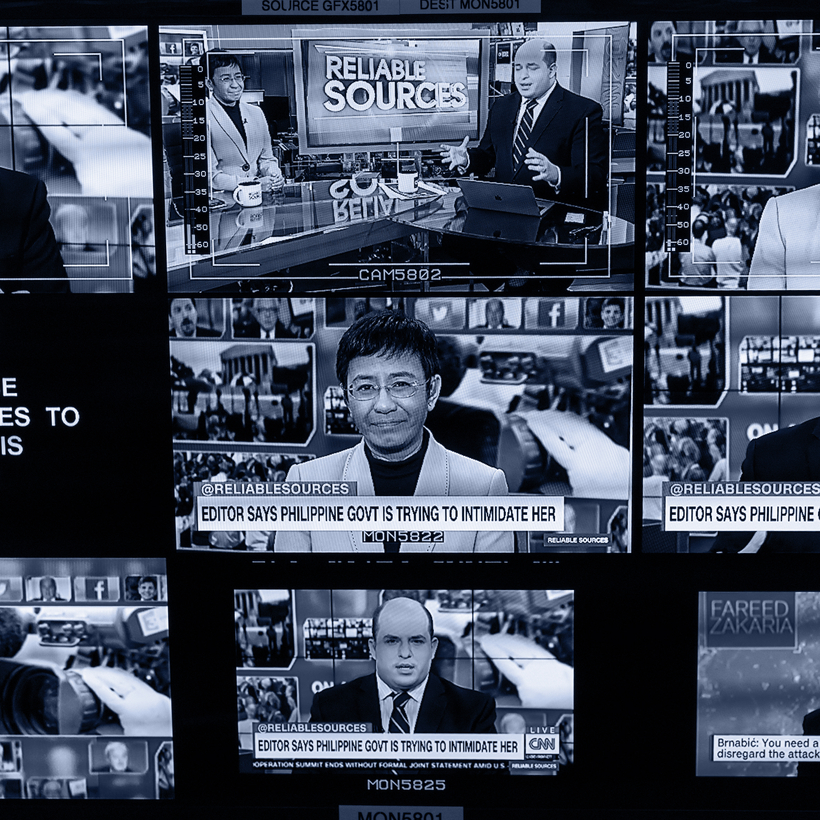How to Stand Up to a Dictator: The Fight for Our Future by Maria Ressa
Once, when the Filipino American journalist Maria Ressa was reporting for the CNN bureau in Manila, a local customs officer asked her for a bribe to release a shipment of videotapes. She refused to pay, and consequently the tapes remained stuck in customs for more than a year.
After a while, Ressa realized that the delay was bogging her down at work. “I still refused to pay,” Ressa writes in her memoir, How to Stand Up to a Dictator. “I’m stubborn that way. I didn’t want to turn a blind eye; it came down to principle, didn’t it?”

